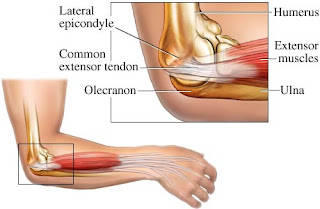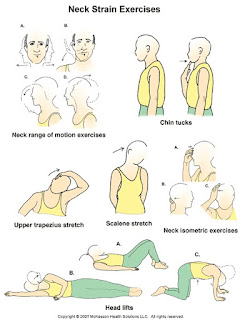Shoulder pain due to Lateral sleeping (sleeping in the side-lying position):
Most of the people have habit of sleeping in the side-lying position;
they say “I can’t go to sleep without side-lying”.
But do you know; it can be hazardous to your Shoulder?
Let me explain! How?
Lateral sleeping / side-lying sleeping can give rise to shoulder impingement symptoms.
People on the risk are:
1) Those who have kyphotic posture (forward bent posture/ slouch kind of posture).
2) Diabetic patients.
3) People with vitamin B12 and calcium deficiency.
4) Those who get recurrent shoulder dislocation/ laxity.
5) Hemiplegics/ paralysis cases.
6) A patient with collie’s fracture (wrist fracture) has a tendency to sleep in one side.
Clinical examination may show:
1) Posterior capsule tightness of the respected Shoulder joint.
2) Weak Infraspinatus muscle.
3) Supraspinatus tendonosis—weakness.
4) Tenderness nearby corachoid process may give a false picture of bicipital tendonosis. [Here abduction- downward rotation and protraction of the scapula gives rise to pectoralis minor tightness near the insertion which causes pain].
5) Abduction of scapula gives rise to pain at the Levator scapulae attachment site giving a false picture of its bursitis.
6) Altered biomechanics causes spasm of trapezius muscle (muscle at the neck) & pain. {Here patient feels of neck problem}.
Special tests [to be done by the therapist]:
· Empty can test- for Supraspinatus tendonosis.
· Full can test- to rule out Supraspinatus.
· Infraspinatus muscle test.
· Horn blower’s test- if Infraspinatus muscle test is negative.
· O’beroins test.
· Gerber’s lift off test.
Physiotherapy management:
1) IFT/ therapeutic ultrasound- for pain relief.
2) Scapular setting exercises.
3) Postural correction- stretching of pectoralis minor & posterior capsule of the respected shoulder.
4) Strengthening of rotator cuff muscles.
5) vitamin B12 supplementation.
6) Prevent sleeping on that side.
scapular setting exercises.
Sometimes it will be hard for non-medicos to understand the medical words, search this dictionary for your ease.
http://www.online-medical-dictionary.org/
they say “I can’t go to sleep without side-lying”.
But do you know; it can be hazardous to your Shoulder?
Let me explain! How?
Lateral sleeping / side-lying sleeping can give rise to shoulder impingement symptoms.
People on the risk are:
1) Those who have kyphotic posture (forward bent posture/ slouch kind of posture).
2) Diabetic patients.
3) People with vitamin B12 and calcium deficiency.
4) Those who get recurrent shoulder dislocation/ laxity.
5) Hemiplegics/ paralysis cases.
6) A patient with collie’s fracture (wrist fracture) has a tendency to sleep in one side.
Clinical examination may show:
1) Posterior capsule tightness of the respected Shoulder joint.
2) Weak Infraspinatus muscle.
3) Supraspinatus tendonosis—weakness.
4) Tenderness nearby corachoid process may give a false picture of bicipital tendonosis. [Here abduction- downward rotation and protraction of the scapula gives rise to pectoralis minor tightness near the insertion which causes pain].
5) Abduction of scapula gives rise to pain at the Levator scapulae attachment site giving a false picture of its bursitis.
6) Altered biomechanics causes spasm of trapezius muscle (muscle at the neck) & pain. {Here patient feels of neck problem}.
Special tests [to be done by the therapist]:
· Empty can test- for Supraspinatus tendonosis.
· Full can test- to rule out Supraspinatus.
· Infraspinatus muscle test.
· Horn blower’s test- if Infraspinatus muscle test is negative.
· O’beroins test.
· Gerber’s lift off test.
Physiotherapy management:
1) IFT/ therapeutic ultrasound- for pain relief.
2) Scapular setting exercises.
3) Postural correction- stretching of pectoralis minor & posterior capsule of the respected shoulder.
4) Strengthening of rotator cuff muscles.
5) vitamin B12 supplementation.
6) Prevent sleeping on that side.

scapular setting exercises.
Sometimes it will be hard for non-medicos to understand the medical words, search this dictionary for your ease.
http://www.online-medical-dictionary.org/



Comments